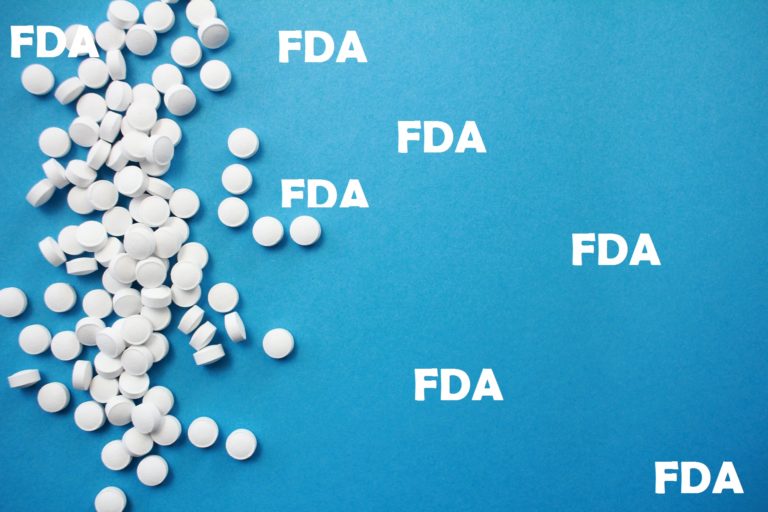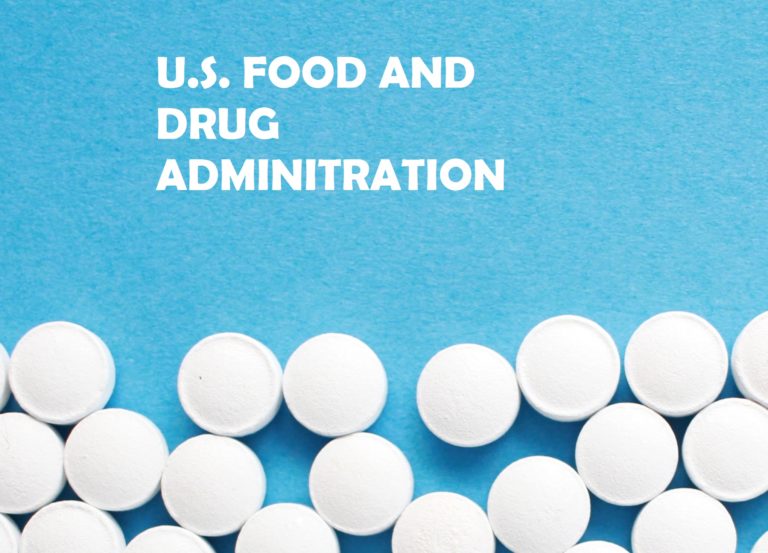May 28, 2020: “TAUVID™, a radioactive diagnostic agent, has been approved by the FDA for positron emission tomography (PET) imaging of the brain to estimate the density and distribution of aggregated tau neurofibrillary tangles (NFTs) in adult patients with cognitive impairment who are being evaluated for Alzheimer’s disease (AD).
Neuropathological diagnosis of AD requires the demonstration of the presence of both beta-amyloid neuritic plaques and tau NFTs in the brain.
TAUVID is the first and only approved diagnostic agent to image tau NFTs in the brain. Avid Radiopharmaceuticals, Inc., a wholly-owned subsidiary of Eli Lilly and Company (NYSE: LLY), developed TAUVID and AMYVID® (Florbetapir F 18 Injection) to provide physicians with meaningful information on the presence of both pathologies to aid the evaluation of patients suspected of having AD.
“The use of diagnostic imaging can help patients and their families plan for the future and make informed choices about their health and well-being, in addition to facilitating appropriate patient management for physicians,” said Reisa Sperling, M.D., Professor of Neurology of Harvard Medical School, and Director of the Center for Alzheimer Research and Treatment at Brigham and Women’s Hospital and Massachusetts General Hospital.
“Determining the anatomic distribution and density of tau NFTs in the brain was previously possible only at autopsy. Now we have a way to obtain this important information in patients.”
TAUVID was evaluated in two clinical studies. In Study 1, reader interpretations of premortem TAUVID scans from 64 cognitively normal and impaired terminally ill patients who agreed to undergo TAUVID imaging and to participate in a postmortem brain donation program were compared to tau pathology at autopsy based on scoring provided by independent pathologists blinded to scan results.
This study met its pre-specified success criteria, with reader sensitivity (95% CI) ranging from 92% (80, 97) to 100% (91, 100) and specificity (95% CI) from 52% (34, 70) to 92% (75, 98) in the primary efficacy cohort.
In Study 2, images from the same terminally ill patients as in Study 1 (plus 18 additional terminally ill patients) and 159 patients with cognitive impairment being evaluated for AD (the indicated population) were evaluated by 5 new readers.
This study also met the prespecified success criteria for comparison of TAUVID reads to NFT pathology. In addition, inter-reader agreement was evaluated using Fleiss’ kappa statistic and found to be 0.87 (95% CI: 0.83, 0.91) across 241 patients in Study 2.
The most common adverse reactions reported in clinical trials were headache (1.4%), injection site pain (1.2%), and increased blood pressure (0.8%).1,3
“The fight against AD requires precise and reliable assessments of the two key pathologies of the disease because clinical assessments alone are limited in their ability to accurately diagnose patients,” said Mark Mintun, M.D., vice president of Lilly’s pain and neurodegeneration research and development.
“History was made with the FDA approval of AMYVID to demonstrate the presence of one of those two pathologies, beta-amyloid plaques.
I am excited that TAUVID has now been approved to image tau NFTs, which is the other key pathology, allowing a more comprehensive evaluation of patients.
Lilly and Avid Radiopharmaceuticals are committed to bringing innovative AD diagnostics to the patients who need them most.”
Availability of TAUVID will initially be limited and will expand in response to commercial demand and payor reimbursement.
Lilly remains committed to patients with cognitive impairment associated with Alzheimer’s disease and to ensuring patient access to this innovative diagnostic tool.
Lilly is supportive of policies that will provide access and coverage for beta-amyloid PET and tau PET imaging agents.
For more than 30 years, Lilly has been engaged in bringing innovative Alzheimer’s disease therapies and diagnostics to patients and continues to lead the field in research, which also includes identifying biomarkers to support early detection of the disease.
Limitations of Use
TAUVID is not indicated for use in the evaluation of patients for chronic traumatic encephalopathy (CTE).
Adverse Reactions
The most common adverse reactions reported in clinical trials were headache (1.4%), injection site pain (1.2%), and increased blood pressure (0.8%).”









